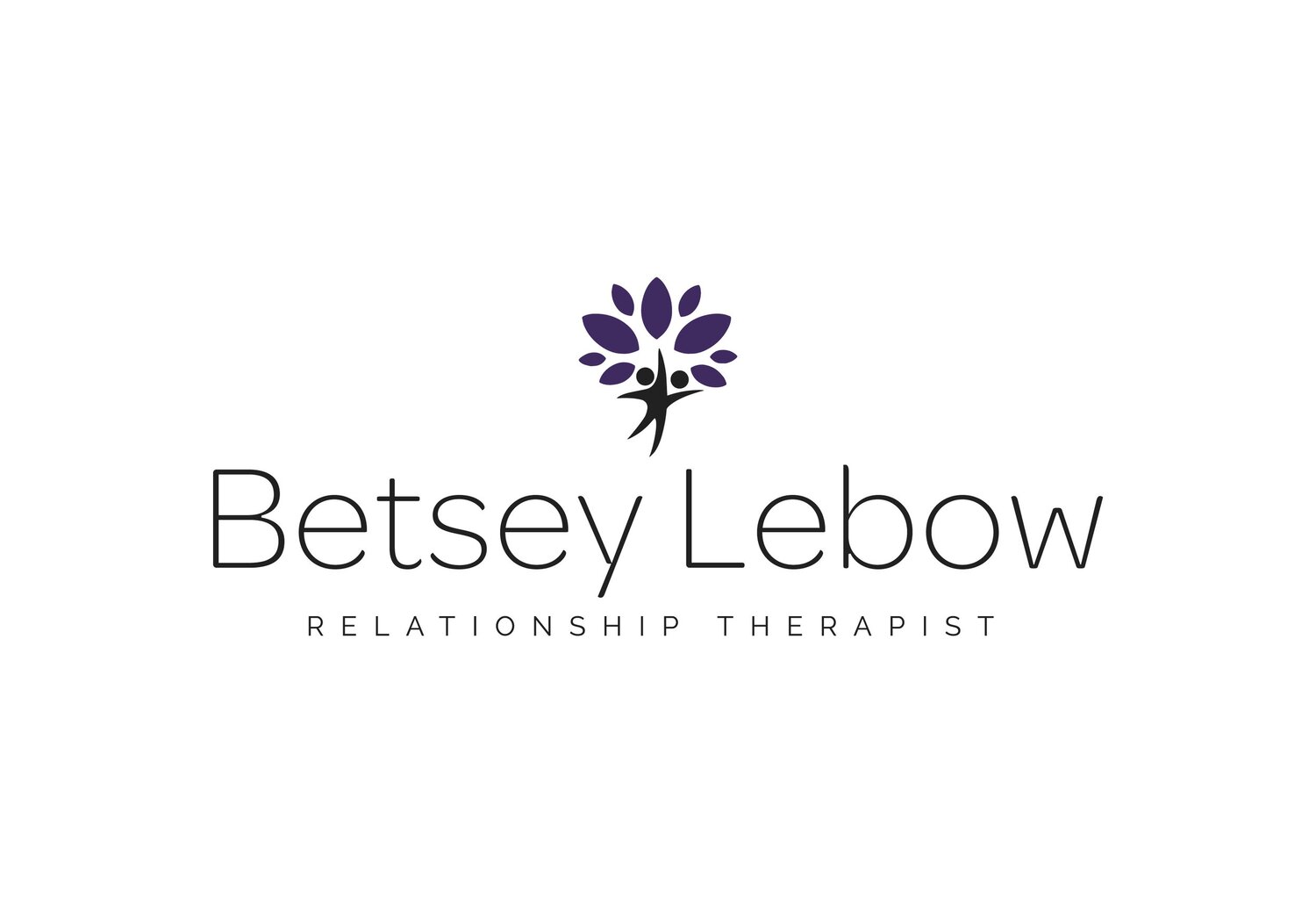Dating in the Digital Age
/I don’t know about you, but lately I’ve been hearing more and more about modern dating practices. How do people of all ages manage to meet, let alone find someone to love, with all the modern choices and distractions? With all that’s available online, how much, we’ll call it “research”, should people engage in before they meet face to face with that person they ‘met’ online? What’s considered safe practice and what’s, quite honestly…stalking?
Can it be a mistake to rule-in or rule-out someone based on how you perceive their, here’s a new term, social online profile, even before you meet? Are people being truthful about their personal details when they set up a profile? Are they honestly portraying themselves on Facebook, Instagram, Snapchat, Tinder, Match, OK Cupid, J-date, e-Harmony, Zoosk, (never heard of this one until TODAY!) etc. or are they carefully curating their image as they wish they were? How much of this is fun and when can it become dangerous?
One thing I know for sure is that people want to connect. They want a date, a partner; many want a sexual encounter or sexual relationship. There is a process people participate in to ‘negotiate’ the terms of connection. It doesn’t sound sexy or romantic, but it’s happening nonetheless.
According to Aziz Ansari’s 2015 book Modern Romance, for men and women respectively the age of first marriage has risen from a 1970 average of about 23/20 to a 2014 average of 29/27. That fact alone shows how things are changing.
For me at least, a shocking piece of data Aziz and his research partner shared is the shift in how people meet today v. yesteryear. Example: according to a 2013 Match.com survey that asked “If you were asking someone out on a first date, which method of communication would you be most likely to use to get in contact?” they found that 32% of those under 30 would text, contrasting with 8% for those of us over 30.
One more online dating stat surprised me even more. A University of Chicago study discovered that, and I quote, “between 2005 and 2012 more than one third of couples who got married in the United States met through an online dating site.” The combination of other ways to meet (from days gone by) such as work, friends, and school didn’t match (pun intended) the power of modern dating. Remember meeting through family, or a place of worship, or blind dates? They all add up to a paltry 8.79% of how modern marrieds are meeting….
My simple advice, as a 50-something woman, happily-married-to-my-first-husband since pre-computer times, is that for those of you dating on-line and out in the world: BE YOURSELF! Because that’s who you will have to be anyway if the first date becomes a second date and then a relationship! And don’t worry about how you met. Everything’s acceptable today. Enjoy.

